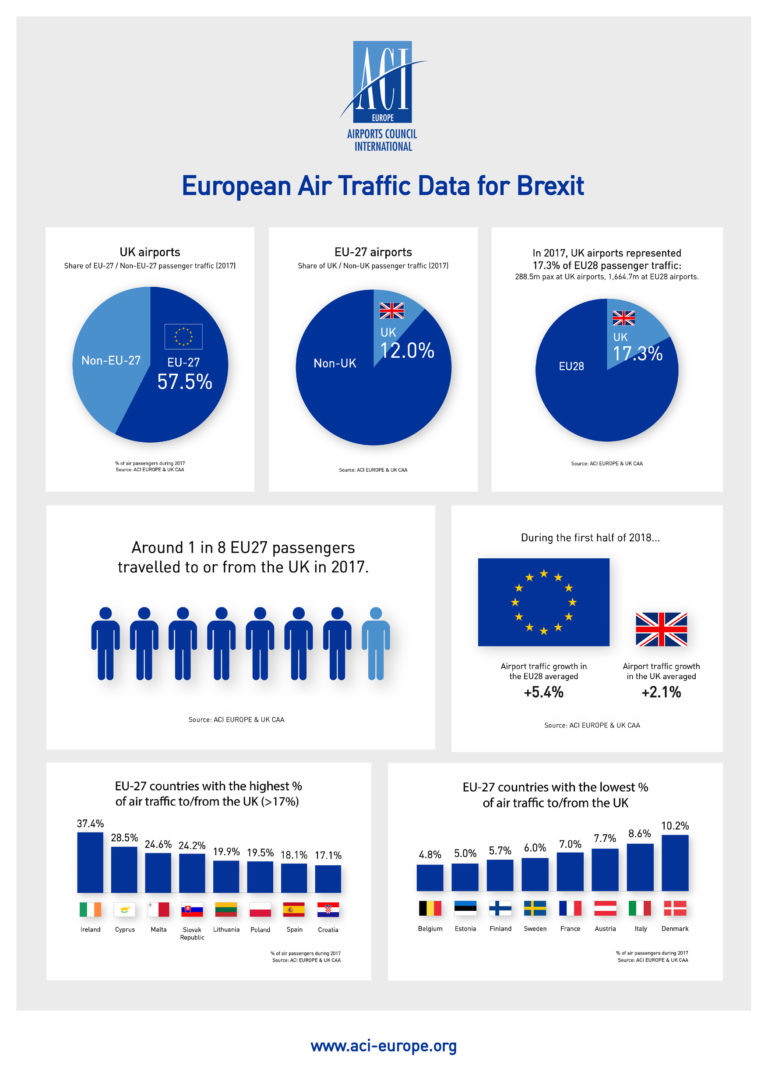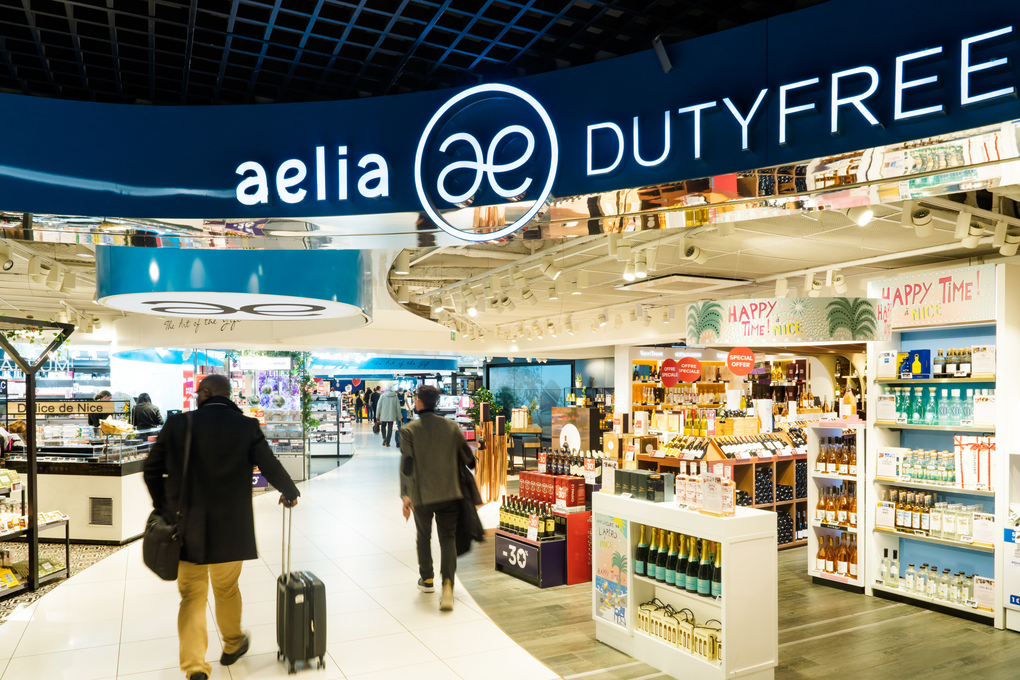UK/EU. Growing uncertainty over Britain’s planned exit from the EU has thrown into doubt the anticipated revival of duty free shopping between the UK and the trading bloc.
The travel retail industry had been expecting the restoration of duty free allowances for travellers moving between the UK and the EU (the exact timing being dependent on the final nature of any agreement) following Brexit in March 2019.
However, the unresolved nature of the UK’s split from the EU now makes this less likely. Three potential scenarios are emerging.
The agreed exit
British Prime Minister Theresa May faces a crucial vote in parliament on 11 December to pass her contentious Brexit deal, which has been agreed with the EU. The so-called Transition Agreement would keep Britain under the EU’s customs rules until a permanent trade deal is put in place.

Under May’s deal, all EU legislation would apply “to and in” the UK, as if it were an EU Member State, a spokesman for the European Travel Retail Confederation (ETRC) confirmed to The Moodie Davitt Report. This would mean no return of duty free during this temporary period, which would last at least until December 2020.
Following a series of defeats in the House of Commons on 4 December, May now seems unlikely to reach the 320 votes she needs to pass her deal through parliament next week. Losing that crucial vote may leave her own position untenable.
No deal
The second potential outcome is “no deal”, under which the UK would crash out of the bloc on 29 March without any agreement in place, becoming a “third country”. At a stroke, EU laws would no longer apply in the UK and duty free between the two markets would be “automatically” re-instated, said the spokesman.
“This has been confirmed to us in an announcement from the EU in mid-November,” he added. “[However], this would also cause major disruption to flight and ferry routes, which would have significant negative impact on travellers and the economy in general.”
On 4 December, British MPs voted to give themselves a say in what happens if May’s deal is voted down next week. Since there is no majority for no-deal, the result may be …
… Another referendum
If May’s agreement is voted down next week, a second Brexit referendum could be the eventual result, perhaps following a general election forced by the opposition Labour party. Under that scenario, any return to duty free would be halted until the referendum outcome was clear, according to the ETRC spokesman.












